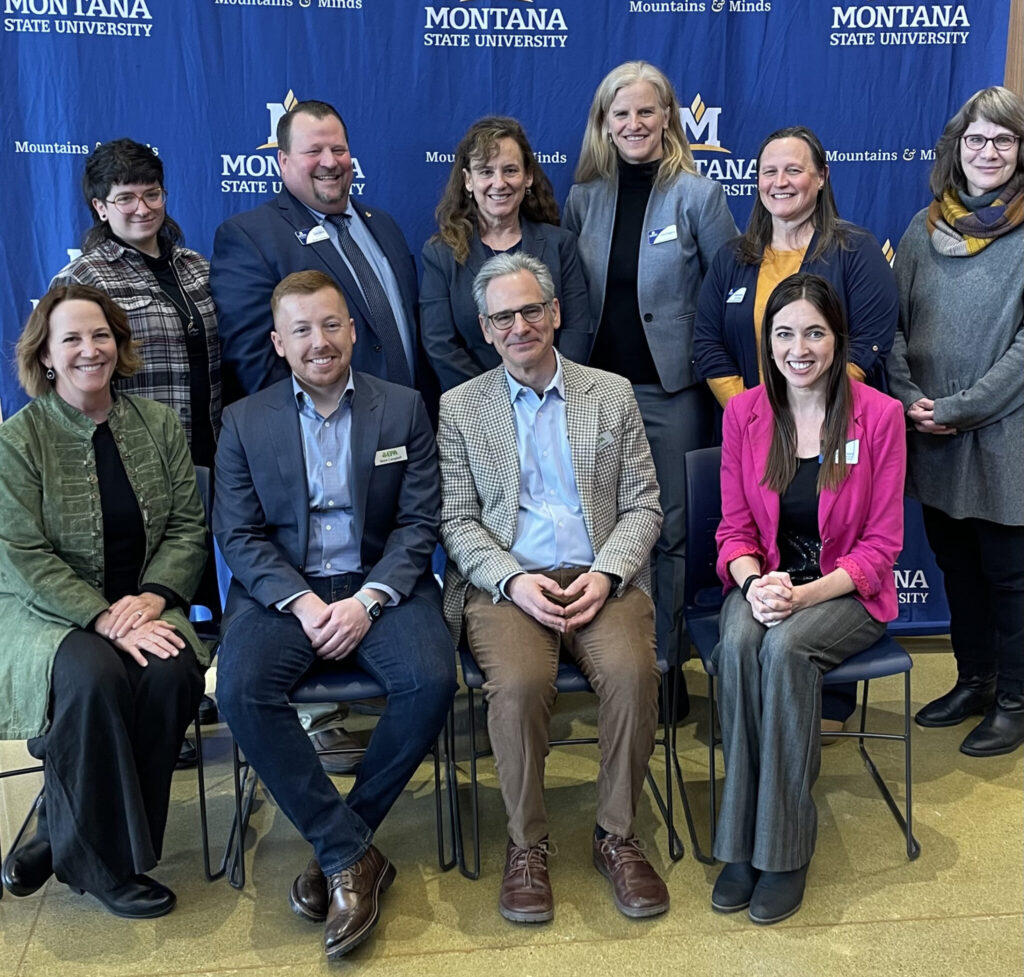
Today, the U.S. Environmental Protection Agency announced that Colorado State University’s Center for Environmental Justice and Montana State University will lead a new regional environmental justice resource center.
Funded by the Bipartisan Infrastructure Law, the $10 million award will go to establishing and operating the Region 8 Environmental Justice Thriving Communities Technical Assistance Center, serving six states and 28 Tribal nations.
“Our center has been convening around issues of environmental justice for over a decade, and so it’s wonderful that we’ll be able to use this support to partner with Montana State to make more meaningful connections within and outside of CSU, and really support communities,” said Stephanie Malin, Center for Environmental Justice co-founder and co-director.
Breaking barriers

The regional center will provide technical assistance, training and other forms of assistance, resources and support to communities and environmental justice organizations within Colorado, Montana, Wyoming, North Dakota, South Dakota and Utah, as well as 28 Tribal nations.
As the administrative lead, MSU will serve as the physical location and virtual/technological presence for the center. As co-executive lead, CSU’S Center for Environmental Justice will act as the southern anchor, leading community-based and engaged EJ work with various partners both at and beyond CSU.
This partnership will help break down barriers to resources that underserved and overburdened communities have long faced, said EPA Regional Administrator KC Becker.
“These communities deserve support and fair access to the historic levels of funding EPA offers to protect families’ health and homes,” Becker said.
About the center
The five-year project will serve as a resource for participants interested in environmental and energy justice, such as the EPA’s $50 million Environmental Justice Thriving Communities Grantmaking program, to advance environmental and energy justice.

“We are striving to have the resources up and running as soon as early spring,” said Center for Environmental Justice Program Manager Mindy Hill. “We are listening to communities and designing in-person and digital training, tools and other services to meet their needs.”
Part of President Joe Biden’s Investing in America agenda, the formation of the EJ Thriving Communities Technical Assistance Centers (often called Tic-Tacs) is in response to feedback from communities and environmental justice leaders who have long called for technical assistance and capacity building support for communities and their partners as they work to access critical federal resources.
“There are more resources becoming available to environmental justice communities and organizations,” said Hill, who will oversee partnerships and collaborations across the region. “Our job is to make sure those who have been historically disproportionately affected by pollution are going after that funding and that they have the tools they need to manage the funds once they are awarded.”

This award reflects the value of collaboration between academics and practitioners in the service of the larger goal of making environmental and social justice central to public policies while also enabling affected communities and organizations to more fully participate in their crafting and implementation, said Dimitris Stevis, co-founder and co-director of the Center for Environmental Justice.
“Given the CEJ’s broad and deep connections within the University and across Colorado and the Intermountain West, we look forward to being the southern anchor of this important initiative,” said Stevis, who co-founded the Center along with Malin; Tribal Clean Energy Senior Advisor Wendolyn S. Holland; and MSU Associate Professor Julia Haggerty, who will serve as its acting manager.
No longer reinventing the wheel
Building coalitions among environmental justice priority areas will be another important part of the new regional center.
“Community organizations looking to address environmental justice issues are often forced to reinvent the wheel because they’re so isolated,” Malin said. “They may not know about others who may be contending with the same kind of industry or even the same corporation but in a different state.
“This award truly underscores how important a Center for Environmental Justice is for a land-grant university like CSU and its pursuit of engagement, outreach and sustainability.”